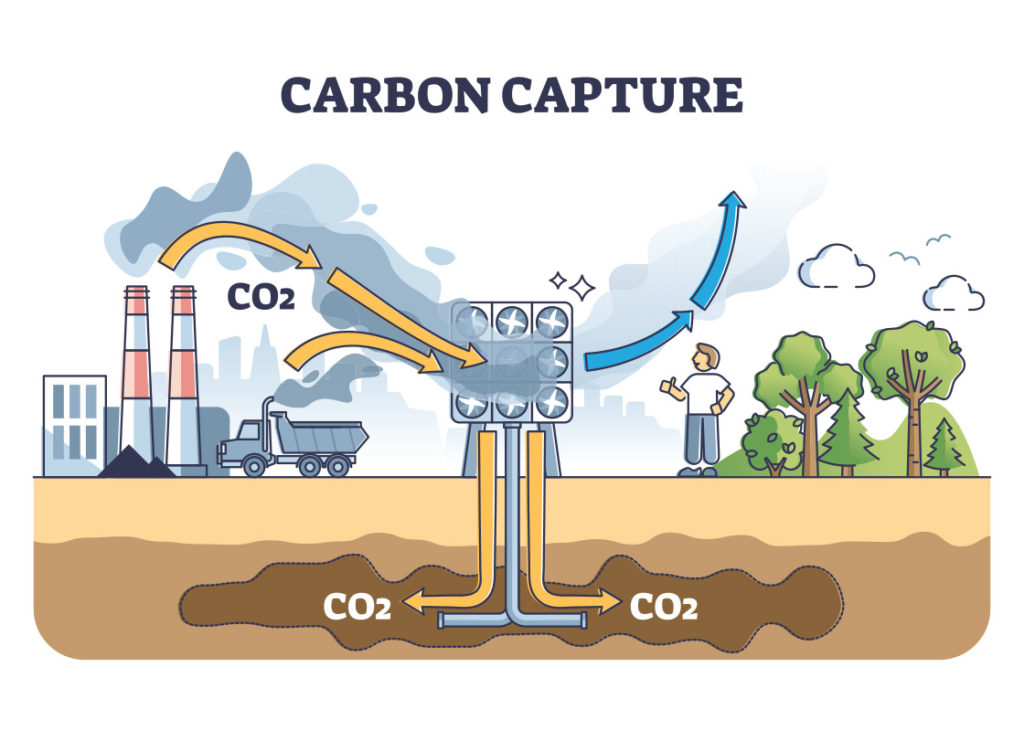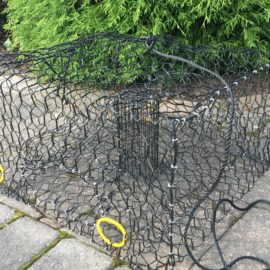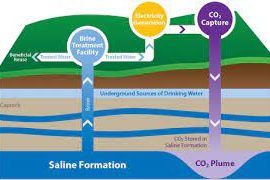
An opinion piece in the paper is a full throated endorsement on carbon capture and it is our fault as we don’t understand it.
Indignation is in plentiful supply in Livingston Parish, where a couple of carbon storage projects are exciting memories of past industrial accidents and pollution in the suburbs of Baton Rouge. “I, for one, am tired of Livingston Parish being everybody else’s dumping ground. I’m tired of it,” Parish Council President Jeff Ard declared. “We’ve got the dump. We’ve had Cecos (waste site). It’s time for us to stand up and say, ‘We don’t want your trash anymore. And if you’re going to force it down our throats, you’re going to pay us to bring it here.’” Incendiary rhetoric as abundant as that cannot be lightly ignored by supporters of carbon capture, the necessary series of steps needed to reduce greenhouse gases in the world’s atmosphere — which affects suburban Baton Rouge as much as anywhere else. We urge the industry to work more diligently to educate the public, in Livingston Parish and elsewhere, about the factual arguments for injection of liquified carbon deep into the earth.
nola.com
No thought of the amount of industry in a parish, they are just wrong because they don’t want it.
That’s far below the level of water supplies, for example. And companies have tried to stress that Louisiana’s geology favors safe injection of carbon for permanent storage. Representatives for Air Products, the company that plans to store CO2 below Lake Maurepas, and Oxy Low Carbon Ventures, a subsidiary of Occidental Petroleum, whose project will store pressurized carbon near Holden, have said in public meetings that their technology is safe and proven, and that their companies have good track records. At a special Livingston Parish Council meeting to discuss the projects, company leaders presented PowerPoint presentations showing how the technology works, why they chose Louisiana for sequestration and the safeguards they will have in place to protect the surrounding community. “Carbon sequestration is permanent, proven and an environmentally sound disposition of CO2,” Nile Bolan, of Air Products, said at that meeting. Brian Landry, vice president of political affairs at the Louisiana Chemical Association, has also defended carbon capture to the Livingston audience on more than one occasion. “The permits required for these projects are the strictest in the United States and constant monitoring is required,” he said at a recent council meeting.
Do we trust the industry to tell the truth?
But as this newspaper has reported, many are not mollified by the efforts so far. And in law, there is not that much that local government can do about drilling, as it is regulated by state government. The slogan “trust but verify,” still applies, so local government can push for rigorous enforcement of existing standards for CO2 injection wells. There is some intramural jealously involved: In the greater Baton Rouge area, much of the economy revolves around industries that need — in the interests of the planet, but also in their own long-term viability — to capture and store carbon emissions. Livingston Parish Council member Tracy Girlinghouse made it an us-versus-them argument with Ascension Parish’s industrial base: “Ascension has a lot of industry. They have a lot more revenue, a lot more money to do things with,” he said. “I say, good for them. Because I wouldn’t want those plants of (that) magnitude in my backyard.” We shudder to think what an anti-industry mentality could do to the greater Baton Rouge economy, on which Livingston residents’ prosperity, among others, depends. We favor strict regulation, and believe most industries work very hard not only to reduce emissions but make sure that there are buffers around facilities that produce the products all of us use daily, whether in the U.S., Europe or Asia — or Livingston Parish. The gap in understanding of carbon capture is worrisome.
What is worrisome is the lack of understanding by the editors on what people facing these changes are facing.



